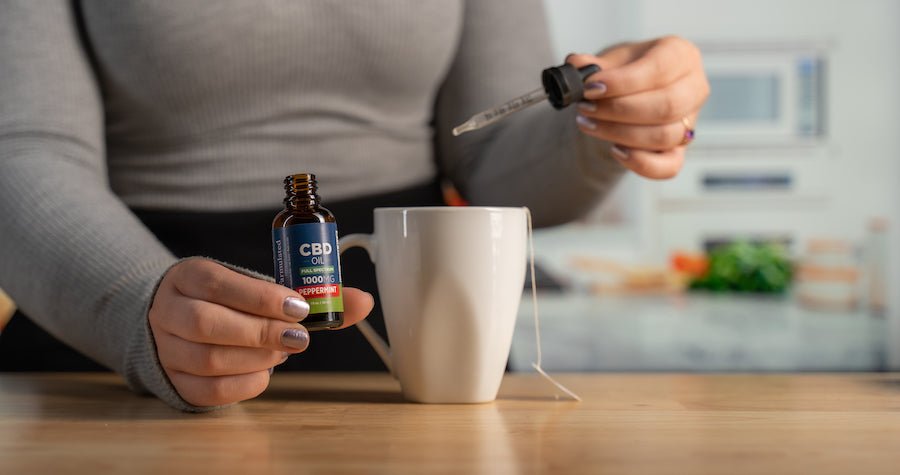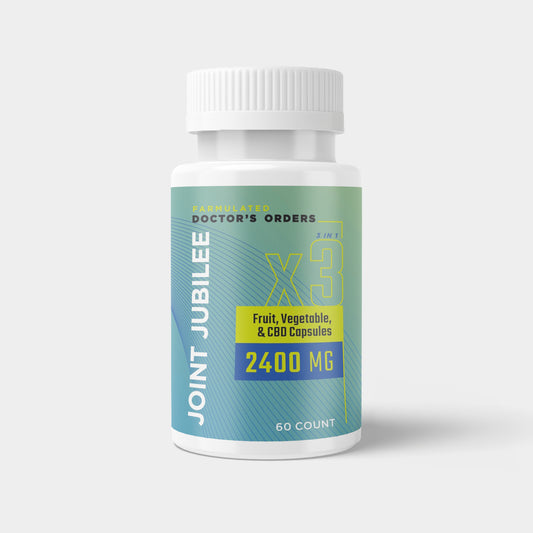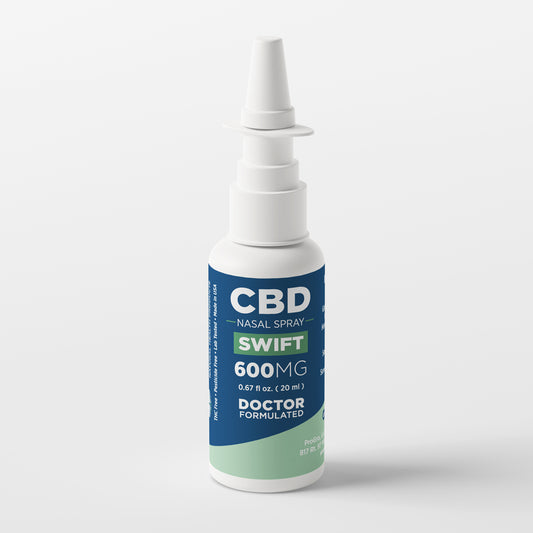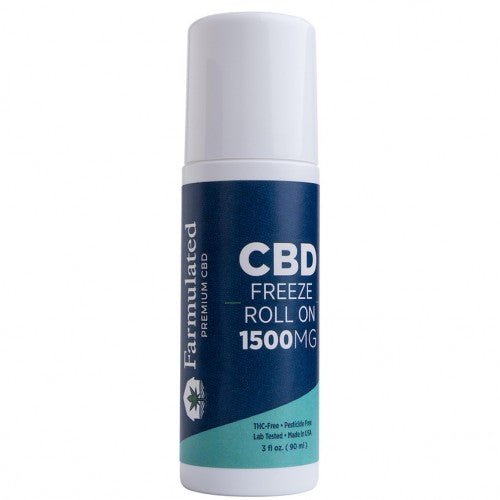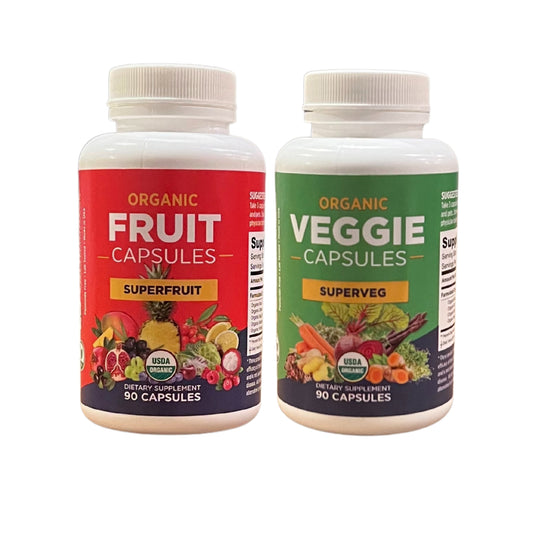It’s the largest living generation in the United States. Millennials, or Generation Y, are officially surpassing the young adult threshold and becoming the standard of social practices, consumer interests and, recently, startling health discussions. In fact, a 2021 study showed among 1981-1996 babies, those within the ‘86 and older subcategory already report a 44 percent rate of chronic disease, with mental health conditions spiking just as quickly as physical ailments.1 So what’s driving such harsh statistics, and which remedies are most effective for a generation entwined in a web of so many consumer health options?
Declining Health Induces Supplemental Boost
In conjunction with declining health, Millennials’ rate of dietary supplementation has rapidly increased. A 2016 survey showed 70 percent of adults ages 18-36 use supplements including vitamins, herbs, botanicals and amino acids, up significantly from a 40 percent rate among Millennials in 2013.2 In addition to supplements, Millennials have chosen to combat troubling health problems including pain, anxiety and insomnia with CBD, which a 2019 Gallup Poll shows approximately 16-20 percent of Millennials use, the highest of all age brackets.3
Inflammation is Chronically to Blame
To break down the potential reasons why Millennial health is declining, the generation’s average lifestyle is a good place to begin. Not only did Millennials come to fruition amid a fast-paced digital age – when the internet transitioned from a button within a boxy desktop screen to an at-your-fingertips luxury – but they were also submerged in some of the most aggressive convenience food marketing to date in the late ‘90s and early 2000s. In 2004, the International Journal for Behavioral Nutrition and Physical Activity reported child-directed food marketing contributed to American children obtaining over 50 percent of their daily calories from fat or added sugars.4
Today, the heightened obesity rates and poor dietary foundation of an entire age group manifest in a new form: inflammation. Harvard Medical School reports chronic inflammation is a defining feature of nearly all significant diseases in the United States, including rheumatoid arthritis, cancer, heart disease, diabetes, asthma and Alzheimer’s.5 When the body faces consistently poor nutrition, a sedentary (highly digital) lifestyle and other negative factors, the immune system maintains a state of inflammatory “attack” as it attempts to eliminate the problem, which eventually shifts from acute to chronic when unhealthy habits persist.5
Anti-Inflammatory Habits Offer Hope
How can Millennials fight their own grim projected health statistics? While dietary and activity level changes are necessities, supplementation and CBD offer a great place to start. Clinical studies confirm CBD exhibits anti-inflammatory properties by reducing pro-inflammatory cytokines and inhibiting T-cell proliferation, both characteristic of heightened immune responses.6 What this means is for those struggling to take the initial steps of implementing a healthier diet and increased exercise, CBD can still work to balance the immune system and prevent chronic inflammation. And for those already on their journey to better health, CBD assists in maintaining long-term homeostasis and potentially preventing chronic disease.
This is great news for a generation reaching – gasp – middle age and navigating a new, more balanced world of food marketing in comparison to their less regulated youth. For Millennials moving forward with healthier mindsets and goals, keeping CBD on the nightstand might be just the habit to kickstart a life of less inflammation and, in turn, less chronic disease.
1. Leonhardt, M. (2021, May 5). 44% of older millennials already have a chronic health condition. Here's what that means for their futures. CNBC. Retrieved March 3, 2022, from https://www.cnbc.com/2021/05/04/older-millennials-chronic-health-conditions.html
2. Eskin, S. (2019, June 19). Dietary Supplement Usage High for All Ages — Including Millennials. The Pew Charitable Trusts. Retrieved March 3, 2022, from https://www.pewtrusts.org/en/research-and-analysis/articles/2019/06/19/dietary-supplement-usage-high-for-all-ages-including-millennials
3. Brenan, M. (2021, November 20). 14% of Americans Say They Use CBD Products. Gallup. Retrieved March 3, 2022, from https://news.gallup.com/poll/263147/americans-say-cbd-products.aspx
4. Story, M., & French, S. (2004, February 10). Food Advertising and Marketing Directed at Children and Adolescents in the US. The International Journal of Behavioral Nutrition and Physical Activity. Retrieved March 3, 2022, from https://www.ncbi.nlm.nih.gov/pmc/articles/PMC416565/
5. Harvard Health Publishing. (2020). Fighting Inflammation. Harvard Health Publishing. Retrieved March 3, 2022, from https://www.health.harvard.edu/staying-healthy/understanding-inflammation
6. Atalay, S., Jarocka-Karpowicz, I., & Skrzydlewska, E. (2019, December 25). Antioxidative and Anti-Inflammatory Properties of Cannabidiol. Antioxidants (Basel). Retrieved March 3, 2022, from https://www.ncbi.nlm.nih.gov/pmc/articles/PMC7023045/

